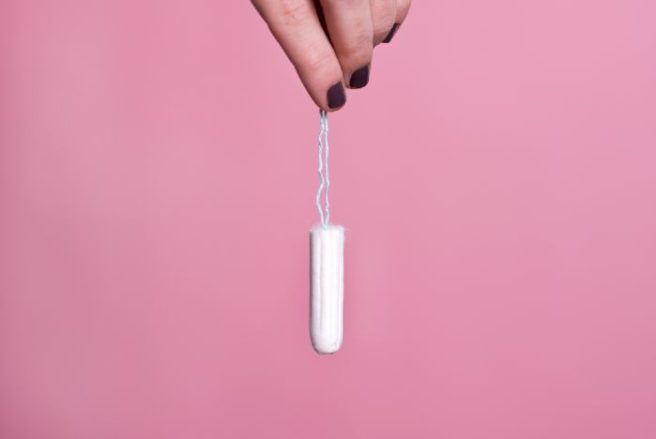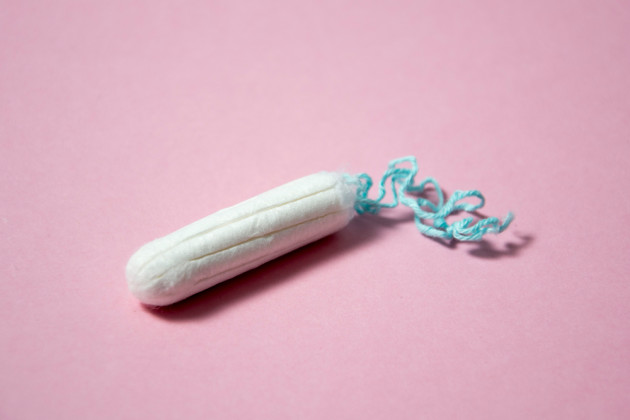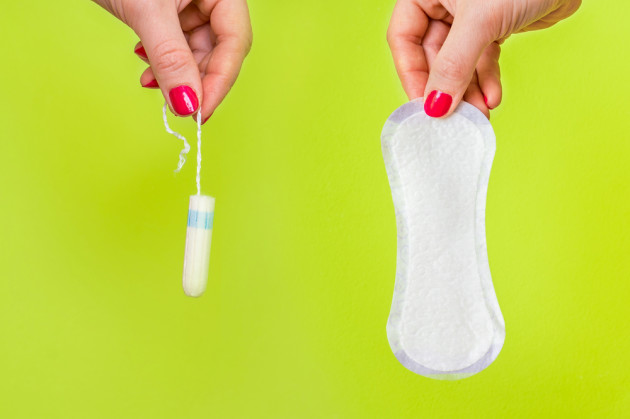
Girl talk: Everything you need to know about Toxic Shock Syndrome
We've all sat there and read the warnings on the box of tampons – but have you ever really thought about Toxic Shock Syndrome?
Probably not, to be fair.
Toxic shock syndrome (TSS) is rare, but potentially life-threatening illness, so it’s SO important to know the signs and symptoms.
Toxic shock syndrome is typically associated with the use of tampons. The good news is that since manufacturers pulled certain types of tampons off the market, the incidence of TSS has declined.
Toxic shock syndrome can affect ANYONE (something we actually didn't know), including men, children and postmenopausal women.

Risk factors for toxic shock syndrome include skin wounds and surgery.
What are the symptoms?
Possible signs and symptoms of toxic shock syndrome include:
- A sudden high fever
- Low blood pressure
- Vomiting or diarrhoea
- A rash resembling a sunburn, particularly on your palms and soles
- Confusion
- Muscle aches
- Redness of your eyes, mouth and throat
- Seizures
- Headaches
And the causes?
Most commonly, Staphylococcus aureus (staph) bacteria cause toxic shock syndrome. The syndrome can also be caused by group A streptococcus (strep) bacteria.
#Science.
About half the cases of toxic shock syndrome associated with Staphylococci bacteria occur in women of menstruating age; the rest occur in older women, men and children. Streptococcal toxic shock syndrome occurs in people of all ages.
Toxic shock syndrome can progress rapidly. Complications may include:
- Shock
- Renal failure
- Death

Prevention (the most important part of this article)
Most manufacturers of tampons no longer use the materials or designs that were associated with toxic shock syndrome. Also, manufacturers are required to use standard measurement and labelling for absorbency and to print guidelines on the boxes.
If you use tampons, read the labels and use the lowest absorbency tampon you can.
Change your tampons frequently, at least every four to eight hours. Alternate using tampons and sanitary napkins, and use minipads when your flow is light.
Toxic shock syndrome can recur. People who've had it once can get it again.
If you've had toxic shock syndrome or a prior serious staph or strep infection, don't use tampons.














